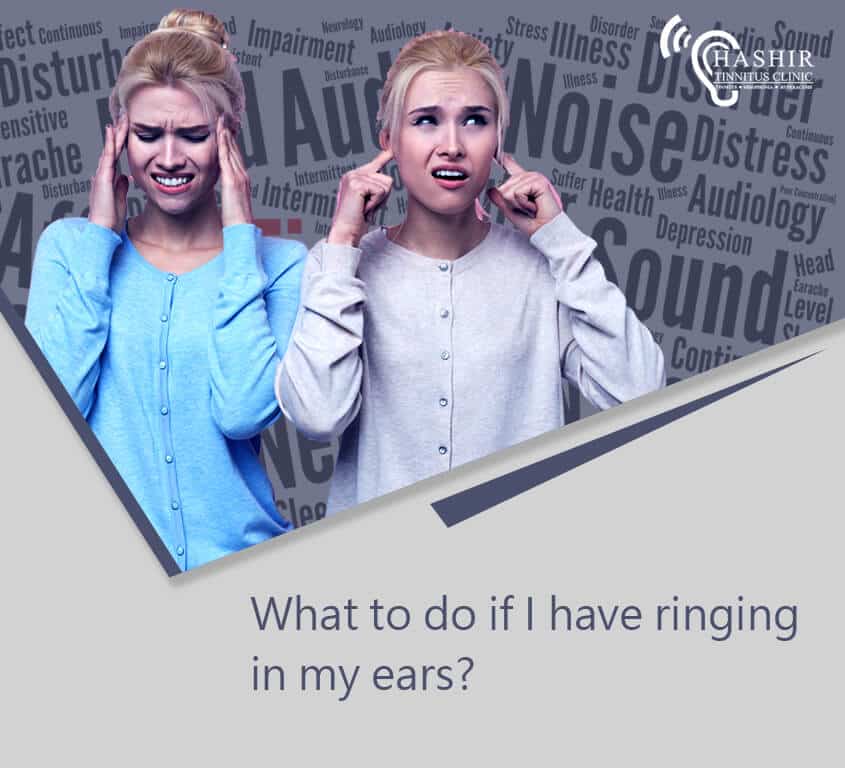What to do if I have ringing in my ears?

If you hear a persistent ringing sound in your ears, it is likely that you have tinnitus. Tinnitus is perception of a sound in the head or ears with no acoustic stimulation. Most people describe it as a buzzing noise, high-pitched whistle, hissing, waterfall, grinding wheel, ringing, white noise, wind noise, aeroplane taking off, bubbles and clicks, beep, humming noise, or static noise. About 20% were not able to describe the sound of their tinnitus.
In majority of the patients, tinnitus is not related to any other known disease. In some patients, tinnitus may be related to disorders of the auditory system.
Do’s and Don’ts
Do’s
- See an ENT specialist in order to assess and treat the underlying cause of your tinnitus.
- Carry on doing your day-to-day tasks despite tinnitus.
- If your tinnitus impacts on your mood or your day-to-day activities, then seek help from a specialist audiologist for therapy.
Don’ts
- Change your lifestyle because of tinnitus.
- Change your alcohol or caffeine consumptions because of tinnitus.
- Change your diet because of the tinnitus.
- Listen to background noise or music to distract yourself from tinnitus.
People often benefit from various forms of therapy that help them to learn alternative ways of cognitively reacting to tinnitus which will modify the emotional disturbances caused by their tinnitus. This makes it possible for tinnitus percept to lose its significance and fade away to the background instead of being in the centre of the attention.
The main factor which contributes to tinnitus severity is the annoyance it causes, not necessarily its loudness. A specialised method of Cognitive Behavioural Therapy (CBT) which is a form of talking therapy has shown to be effective in management of tinnitus. CBT can help the person to explore and modify the process that produces tinnitus-related annoyance.
Majority of people who undergo CBT gain the essential skills and knowledge in managing their tinnitus-related annoyance within 6 sessions. Once the annoyance caused by tinnitus is subsided, with the help of CBT, it is likely that the perception of tinnitus also reduce.
Recent research conducted by Hashir and his colleagues which is published in the American Journal of Audiology (2018) showed that on average patients who received tinnitus-focused cognitive therapy shown significant reduction in their tinnitus loudness from 7 (tinnitus loudness on a 0 to 10 scale) to 5 (tinnitus loudness on a 0 to 10 scale). Moreover, on average, the impact of tinnitus on patients life significantly improved from 60% to 35%.
